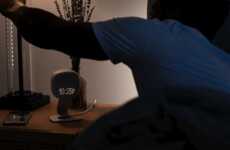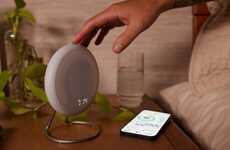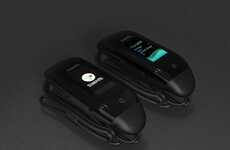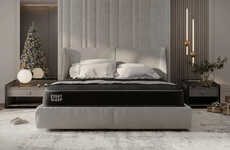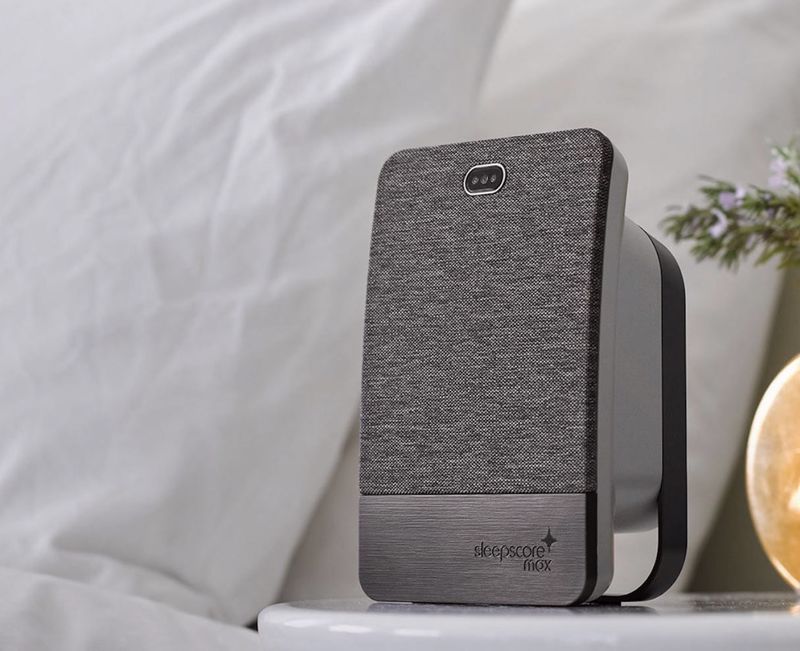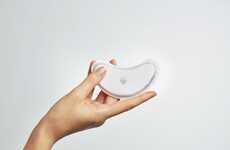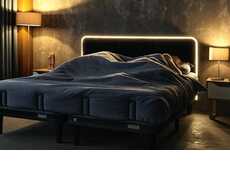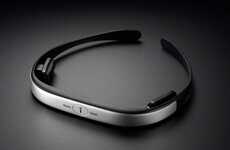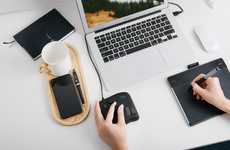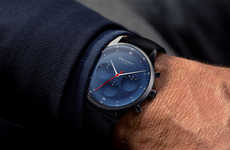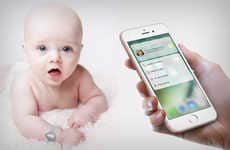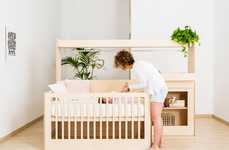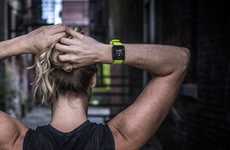
The SleepScore Max Monitors Rest without Wearables
Michael Hemsworth — December 4, 2018 — Lifestyle
References: sleepscore & thegadgetflow
Tracking sleep usually means utilizing a wearable or strapping a sensor to your mattress, but the SleepScore Max takes things in a different direction by eliminating the need for any exterior solutions.
The system works by being placed on your nightstand and going to work tracking your sleep and offering advice and recommendations in the morning. This makes it a simple yet highly effective solution to integrate into your bedroom that will improve your quality of sleep in as little as one week using ResMed technology.
The SleepScore Max sleep sensor can be utilized alongside the accompanying app that will offer detailed information related to how you're sleeping and how you can improve rest. The system is priced at $149.99 and doesn't require any monthly subscriptions to be used.
The system works by being placed on your nightstand and going to work tracking your sleep and offering advice and recommendations in the morning. This makes it a simple yet highly effective solution to integrate into your bedroom that will improve your quality of sleep in as little as one week using ResMed technology.
The SleepScore Max sleep sensor can be utilized alongside the accompanying app that will offer detailed information related to how you're sleeping and how you can improve rest. The system is priced at $149.99 and doesn't require any monthly subscriptions to be used.
Trend Themes
1. Non-wearable Sleep Trackers - Develop innovative, non-invasive ways to monitor and improve people's sleep cycles.
2. Smart Home Sleep Solutions - Create user-friendly technology that blends seamlessly with the home environment to help foster good sleep habits.
3. Data-driven Sleep Recommendations - Use advanced algorithms and data to generate insights on how individuals can sleep better and reduce sleep-related problems.
Industry Implications
1. Health Tech - Develop non-invasive technology to monitor and improve people's sleep cycles, such as deploying sensors in hospital rooms to reduce noise levels that inhibit sleep.
2. Smart Home - Design smart home products that promote healthy sleep habits, such as lighting and sound systems that promote relaxation and stimulate natural sleep cycles.
3. Data Analytics - Leverage user data to deliver personalized, data-driven sleep recommendations that help people get more restful sleep and improve productivity.
2.2
Score
Popularity
Activity
Freshness

